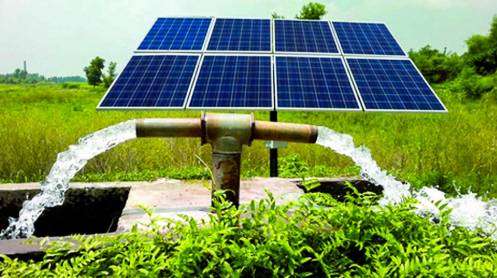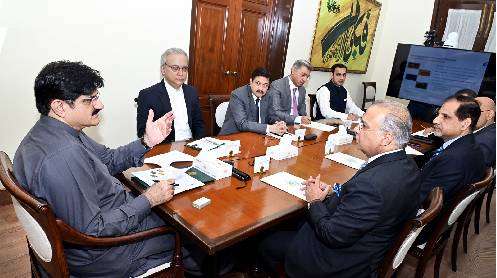MURIDKE: A quiet revolution is sweeping Pakistan’s farmlands as thousands of growers replace costly diesel and unreliable grid electricity with solar-powered tube wells. While the shift is cutting costs and boosting yields, experts warn it is also accelerating the depletion of groundwater in Punjab, the country’s agricultural heartland.
Farmers like 61-year-old Karamat Ali have sold livestock to invest in solar panels, freeing themselves from erratic power supply and soaring diesel costs. “Water supply to my paddy field is smoother than before,” Ali said, noting he can now irrigate his rice crop multiple times a day. Similar stories are multiplying across Punjab, where analysts estimate more than 650,000 solar tube wells are now in operation—many newly installed since 2023.
The surge has coincided with a 30% expansion in rice cultivation between 2023 and 2025, according to U.S. Department of Agriculture data, while land under maize has fallen 10%. Internal Punjab irrigation maps viewed by Reuters show water tables falling below critical levels across 6.6% of the province by 2024—a rise of 25% since 2020.
Officials are divided. Federal Power Minister Awais Leghari insists solarisation is not depleting groundwater, saying farmers are simply replacing diesel with solar. But Punjab Irrigation Minister Muhammad Kazim Pirzada acknowledged that while solar is clean energy, it is “also impacting our water table.”
Despite the risks, farmers are reluctant to abandon solar. Mohammad Naseem, 61, said his panels saved him over Rs 2 million in four years and improved crop quality. Some rural communities are pooling funds to purchase panels collectively, while traders describe panels as being shared and rented like tractors.
With India suspending cooperation on Indus river water sharing earlier this year, the stakes are higher than ever. Punjab has begun aquifer recharge pilots at more than 40 sites, while reviving old infrastructure like the colonial-era Ravi Siphon to stabilise water flows. Yet experts warn governance gaps persist.
“There is no real-time monitoring or mapping of wells,” said environmental scientist Imran Saqib Khalid. “Without reform, unchecked solar pumping will deepen the groundwater crisis, reshape cropping patterns, and threaten Pakistan’s food security.”
By Reuters







